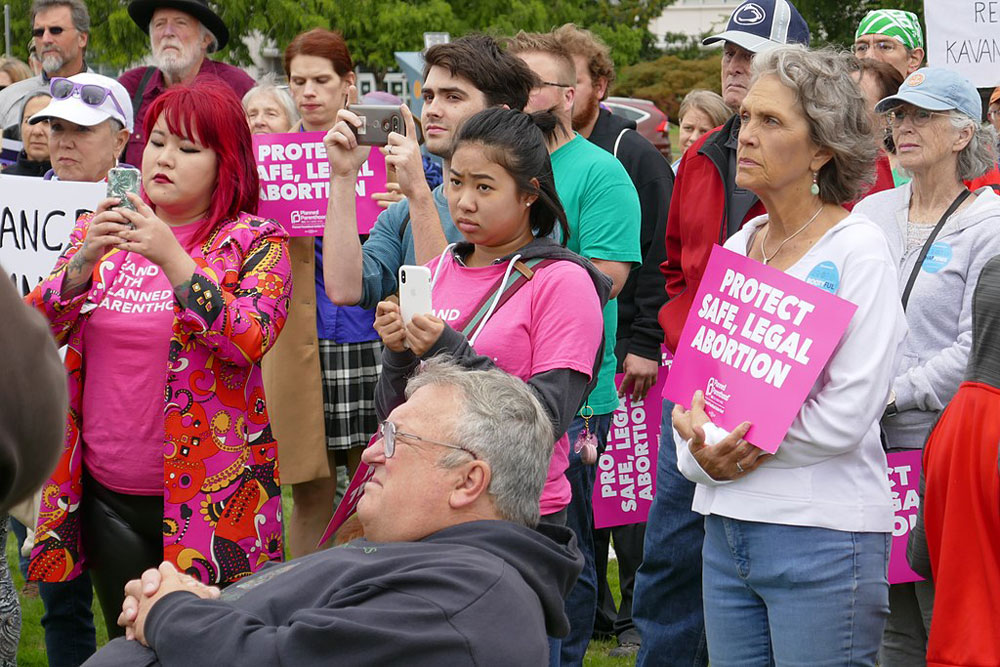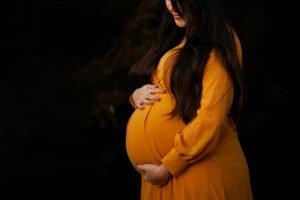
October 4, 2019; New York Times and Vox
“The Supreme Court agreed on Friday to hear a challenge to a Louisiana law that its opponents say would leave the state with only one doctor in a single clinic authorized to provide abortions,” reports Adam Liptak of the New York Times. In agreeing to hear the case of June Medical Services v. Gee, the US Supreme Court could move abortion rights further into the hands of states and state legislatures. Specifically, the case concerns whether states may require doctors performing abortions to have admitting privileges at nearby hospitals.
The Court ruled on this issue three years ago in Whole Women’s Health v. Hellerstedt in 2016. At the time, the Court decided that Texas legislation mandating doctors to have admitting privileges at hospitals within 30 miles of abortion clinics imposed an undue burden on the clinics, patients, and physicians, and was unconstitutional. (NPQ wrote about this issue.) The Court pointed to the Planned Parenthood v. Casey decision of 1992, citing its “undue burden” standard.
But the Court’s composition has changed since then, and many believe it may in 2020 reverse its 2016 decision. In Louisiana, a three-judge panel of the Fifth Circuit Court of Appeals voted 2–1 to uphold the Louisiana law, contending that the credentialing of physicians served a valid purpose of protecting women’s health.
Sign up for our free newsletters
Subscribe to NPQ's newsletters to have our top stories delivered directly to your inbox.
By signing up, you agree to our privacy policy and terms of use, and to receive messages from NPQ and our partners.
This case is considered unlikely to result in a Court decision that directly overturns Roe v. Wade. Rather, it would allow the Court to chip away at reproductive rights. Of course, this has been occurring for some time now. Data from 2017 show that 89 percent of counties in the US do not have an abortion clinic. Six states have only one.
But upholding the Louisiana law would accelerate this trend. If upheld, the state of Louisiana is expected to go from having three abortion clinics to one, and that could set off a chain of dominoes if other states implement similar laws.
Specifically, a decision upholding Louisiana’s law would open the door for states to enact TRAP laws—Targeted Regulation of Abortion Providers—which is what this admitting privilege law is. If states can institute TRAP laws, they can make it impossible for many abortion providers and clinics to operate.
Those who will carry the weight of this decision, aside from abortion providers, are women, mostly low-income and mainly women of color, who will see their access to abortion services further restricted. If you are poor and pregnant, you may have to choose between food, rent, and travel to another state for an abortion. This decision will be about these women, and the quality of their lives.—Carole Levine











